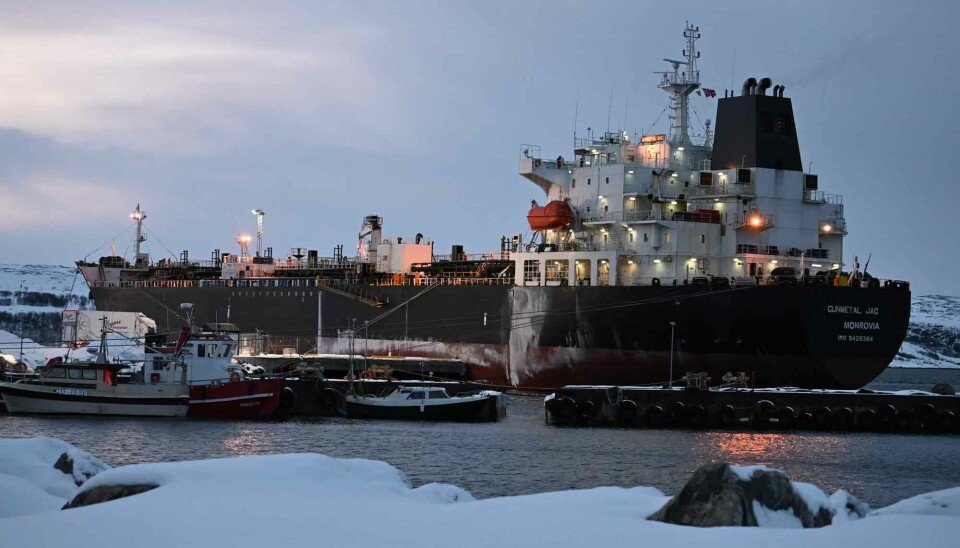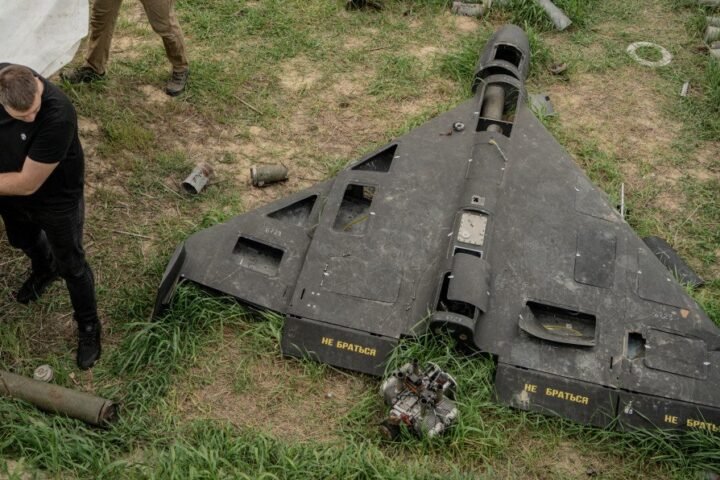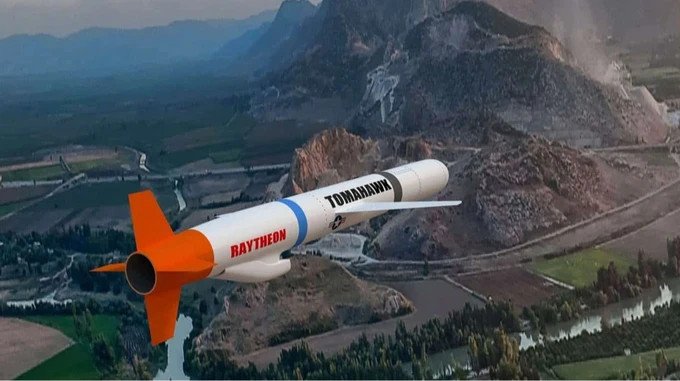A tanker sailing under the flag of Lesotho was detained in Murmansk on September 1 following complaints from the Russian Seafarers’ Union, highlighting the mounting risks within the Kremlin’s shadow fleet. Port inspectors barred the Unity from departure after uncovering unpaid wages, a malfunctioning Inmarsat satellite system and irregularities in vessel documentation.
Salary arrears and contractual irregularities
By mid-August, the crew of 20 sailors was owed 4.9 million rubles and $28,500, with July salaries unpaid and June wages transferred belatedly on July 27. Some crew members were registered under Argo Tanker Group, while others were contracted by FMTC ShipCharter LLC. Inspectors also noted that several contracts referenced a non-existent collective agreement, raising concerns about deliberate evasion of labor obligations. This patchwork of employers obscured liability and left the crew with little recourse to enforce claims.
Shadow fleet practices and flag switching
Unity had previously sailed under the Gambian flag before switching to Lesotho, a classic tactic of the shadow tanker trade. Such reflagging often strips crews of legitimate P&I insurance coverage and undermines access to standard protection mechanisms. For sailors, the risk extends beyond lost wages to the absence of compensation in case of accidents or spills. For ports and coastal states, this means exposure to environmental and financial fallout without guaranteed insurance backing.
Mounting pressure from inspections and sanctions
The Murmansk case underscores how increased port inspections are disrupting Russia’s gray shipping networks. Each detention not only halts cargoes but also forces shipowners to address outstanding debts to crews they might otherwise ignore. As sanctions tighten, operating costs for aging tankers escalate—longer voyages, risky ship-to-ship transfers, and dubious second-tier insurance. In this strained environment, wage payments to seafarers are often the first to be sacrificed.
A systemic industry problem
Cases like Unity are becoming increasingly visible as international unions and maritime publications report a record rise in “abandonment” incidents and unpaid wages, affecting thousands of sailors and leaving tens of millions in arrears worldwide. The reliance on outdated ships without valid insurance compounds risks of environmental accidents, with costs ultimately borne by coastal states and local communities. The Unity episode in Murmansk illustrates not an isolated mishap but a structural flaw in Russia’s shadow fleet model, where financial shortcuts directly undermine human rights and maritime safety.










